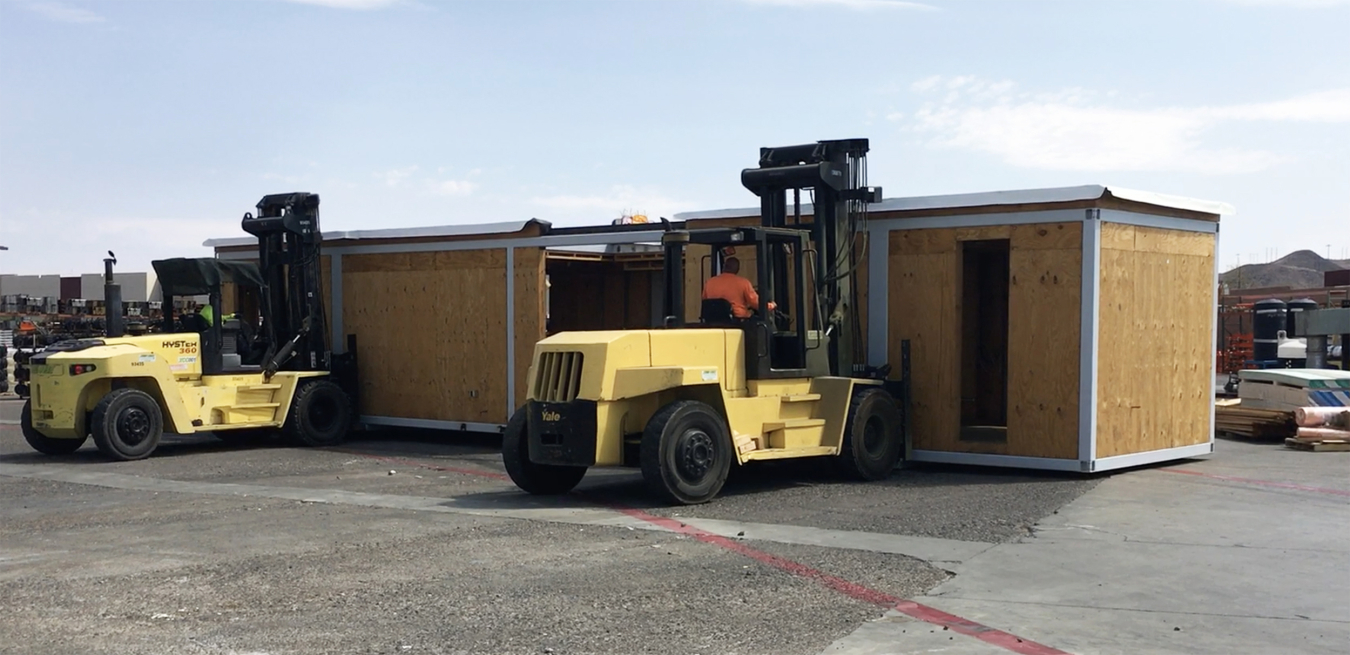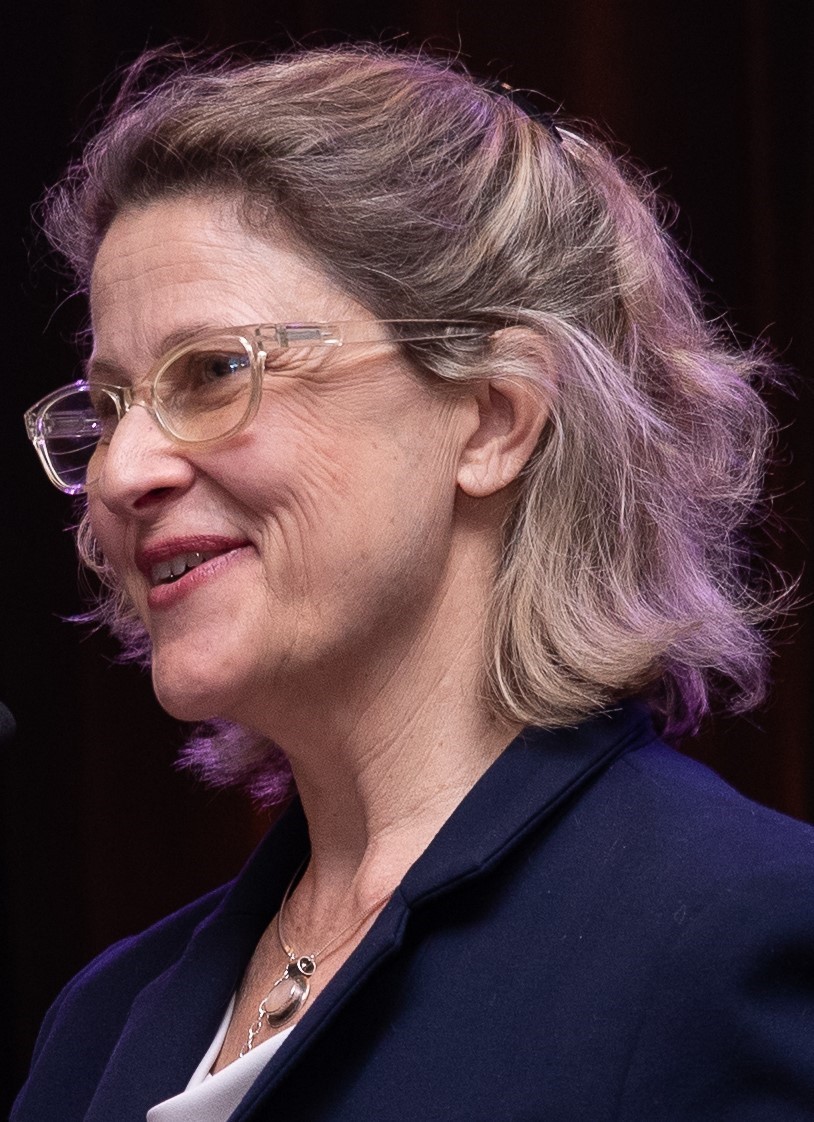Collegiate teams competing in the Solar Decathlon Build Challenge are returning to their projects despite the pandemic to build their solar houses.
Office of Energy Efficiency & Renewable Energy
November 2, 2020We shape our dwellings, and afterwards our dwellings shape us."

These challenging times continue, but they also offer the opportunity to stand and build together.
The nine collegiate teams competing in the U.S. Department of Energy Solar Decathlon® Build Challenge are doing just that, aspiring to better our communities and our world one house at a time. After working through school shut-downs and online classes, many students who are returning to campus are finally able to restart construction of their solar houses. Check out the Solar Decathlon Return to Construction video montage.
The Energy Department will provide regular updates on their local builds over the next few months leading up to the final stage of the competition, taking place next April at the National Renewable Energy Laboratory in Golden, Colorado. The goal will be to show how students from around the globe are addressing the challenges associated with designing, building, and operating full-scale, energy-efficient solar houses in their communities during a pandemic.
It is both a challenge and an opportunity. Despite the several obstacles they are encountering along the way—experiencing delayed shipments and supplies; purchasing materials; managing lumber inventory shortages; scheduling in-person shopping excursions for parts, tools, and equipment; and navigating safely through official quarantine requirements—the students are committed to finishing the job.

More importantly, some teams are in a unique position of recruiting new members to work on their houses. Many previously core members have graduated since the main event was postponed this summer on the National Mall in Washington, D.C.
The cutting-edge technologies presented by students show consumers how to save money and energy with affordable clean energy products that are available today. This includes demonstrating the use of energy-efficient design and technologies, flexible living spaces, water conservation measures, electric vehicles, and recycled materials. Customers will see these uses in modern appliances, lighting, ventilation systems, and houses built for certain weather conditions.
The Solar Decathlon encompasses real-time problem-solving, imagination, and innovation. The innovative solar-powered homes the students are creating will go head-to-head in 10 contests. The winners will be the team that best blends design architectural and engineering excellence with innovation, market potential, building efficiency, and smart energy production.

Developing a variety of sustainable energy strategies for communities and states is an essential component of the event, and is what draws participation from engineers and architecture students, as well as other academic disciplines. The collegiate teams are eager to offer their very best vision, personality, structure, and craftmanship in constructing solar homes to better fit the changing needs and goals of their future occupants.
Additionally, the students get to share their own ideas geared toward broadening the interest and influence of the building industry.
As Winston Churchill once said, "We shape our dwellings, and afterwards our dwellings shape us." Understanding this means the students are aware of how much their buildings will influence future occupants—shaping the way families live, communicate, and move through the world.
Follow the Solar Decathlon on Facebook, Twitter, and Instagram to see photos and videos, and read about the exciting progress the teams are making on their houses. As always, this award-winning, international competition will showcase the ingenuity of today's students who are building a brighter future.
Holly Jamesen Carr

Holly Jamesen Carr oversees the U.S. Department of Energy (DOE) Buildings Upgrade Prize (Buildings UP), which supports increased energy efficiency and resiliency of existing buildings across the country. She also oversees the Solar Decathlon, a collegiate competition comprised of 10 contests that challenge student teams to design innovative, high-performance buildings. Carr has managed DOE’s Better Buildings Alliance and Green Lease Leaders program, both aimed at market transformation in the commercial building sector. While on detail to the U.S. International Development Finance Corporation (DFC), Carr developed the Build It Better program , incentivizing international development construction projects to improve energy and water efficiency and incorporate renewable energy.
Previous to her work at DOE, Carr managed dozens of public, private, and federal sustainability projects, assisting clients to implement environmentally preferable strategies for building design, construction, and occupancy.
She holds a bachelor’s degree in French and education from Miami University and a master’s degree in communication from the University of Washington. Carr is a Leadership in Energy and Environmental Design (LEED) Accredited Professional.

